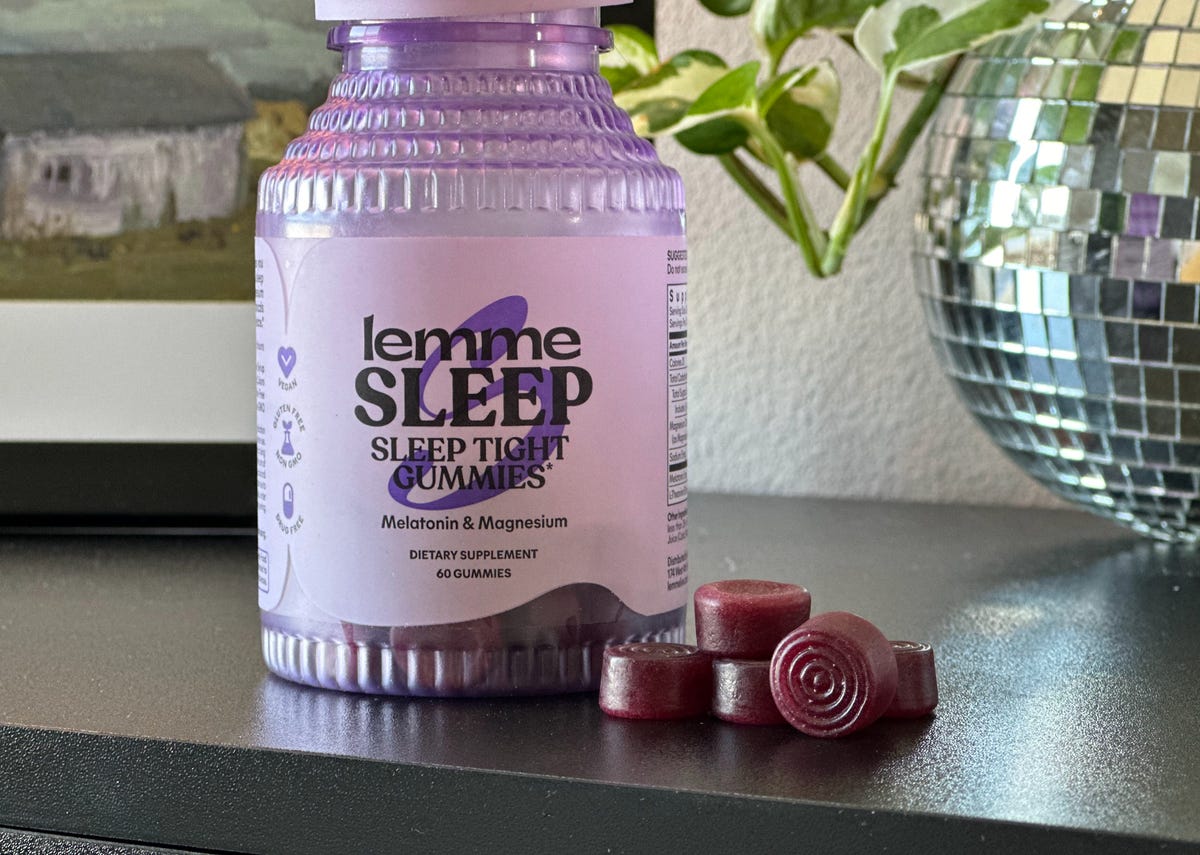In today’s fast-paced world, many people find themselves struggling to get a good night’s sleep. Whether due to stress, irregular schedules, or underlying health issues, poor sleep has become a widespread problem. As a result, sleep supplements have gained popularity as an effective way to address this issue. These supplements, often made from natural ingredients, are designed to help individuals fall asleep faster, stay asleep longer, and improve the overall Sleep quality of their rest. However, while sleep supplements can be beneficial for some, it is important to understand their potential effects and limitations.

One of the most commonly used ingredients in sleep supplements is melatonin, a hormone that plays a crucial role in regulating the body’s sleep-wake cycle. The body naturally produces melatonin in response to darkness, signaling to the brain that it is time to rest. Supplementing with melatonin can be especially useful for those experiencing disruptions to their natural sleep patterns, such as shift workers or individuals recovering from jet lag. However, while melatonin is generally considered safe for short-term use, it is important to use it cautiously, as overuse can lead to dependence or disrupt the body’s natural circadian rhythm.
In addition to melatonin, many sleep supplements contain herbal ingredients like valerian root, chamomile, and passionflower. Valerian root has long been used as a natural remedy for insomnia and anxiety, with research suggesting that it may help reduce the time it takes to fall asleep and improve sleep quality. Chamomile, often consumed as a tea, is known for its calming properties and has been shown to help alleviate mild insomnia. Passionflower, another popular herb, is believed to have sedative effects that can promote relaxation and ease stress, further aiding in sleep.
Magnesium is another key ingredient found in many sleep supplements. This essential mineral is involved in hundreds of processes within the body, including muscle relaxation and nerve function. Studies have shown that magnesium supplementation can improve sleep quality by promoting relaxation and reducing feelings of anxiety. For individuals with magnesium deficiencies, taking a supplement may help alleviate restlessness and improve the ability to fall asleep.
While sleep supplements can be a helpful solution for occasional sleeplessness, they are not a cure for chronic sleep problems. It is important to address the root causes of sleep disturbances, such as poor sleep hygiene, excessive screen time, or high levels of stress. Relying solely on supplements without making lifestyle changes may provide temporary relief, but long-term improvements in sleep quality often require a more holistic approach.
In conclusion, sleep supplements can provide significant benefits for those struggling with sleep issues, offering a natural alternative to pharmaceutical sleep aids. Whether through melatonin, herbal remedies, or magnesium, these supplements can help individuals relax, fall asleep more easily, and experience better overall rest. However, it is essential to approach them with caution and consult a healthcare professional, particularly when dealing with underlying health conditions or long-term sleep issues. By combining supplements with healthy lifestyle habits, individuals can enhance their sleep quality and improve their overall well-being.

